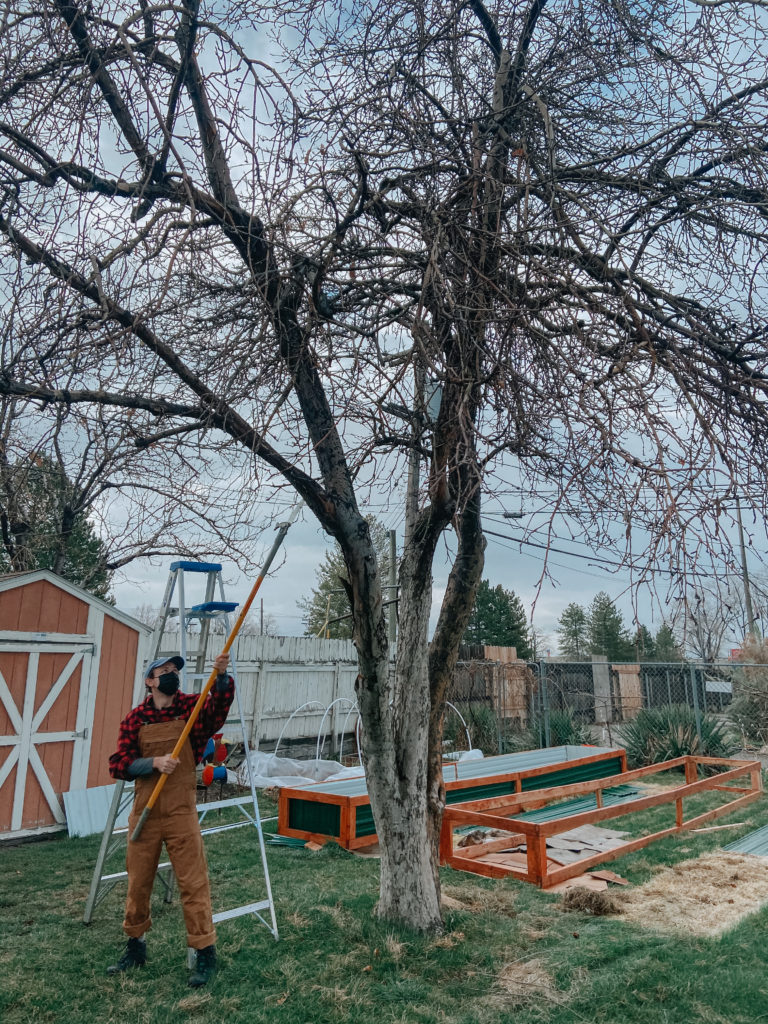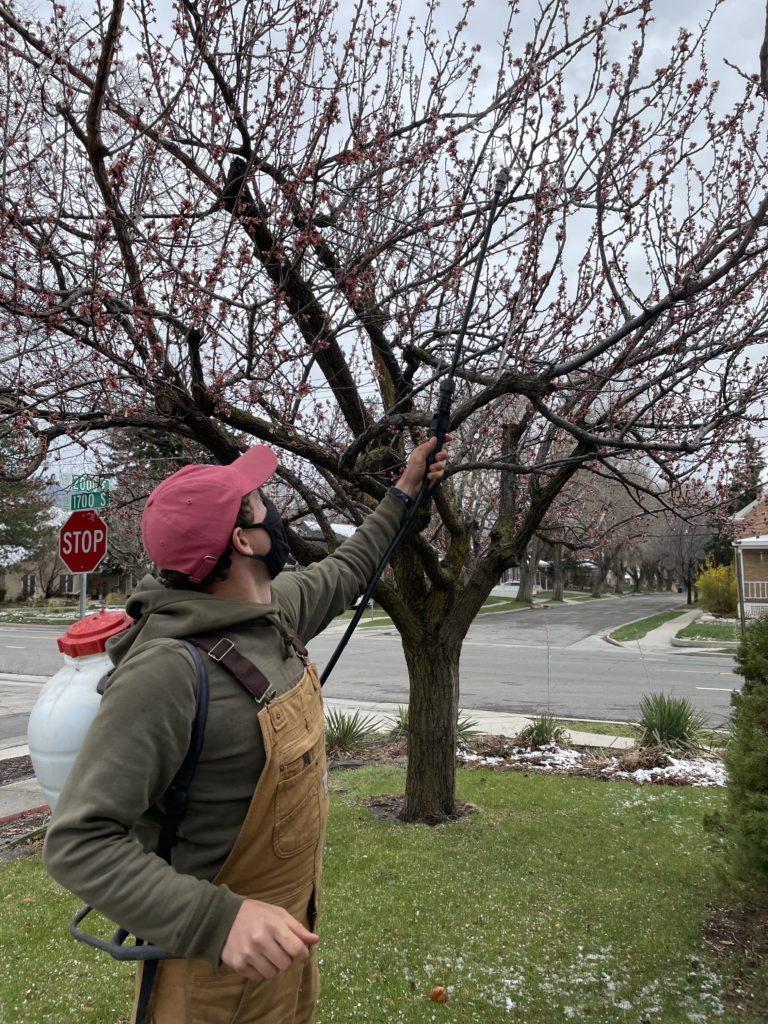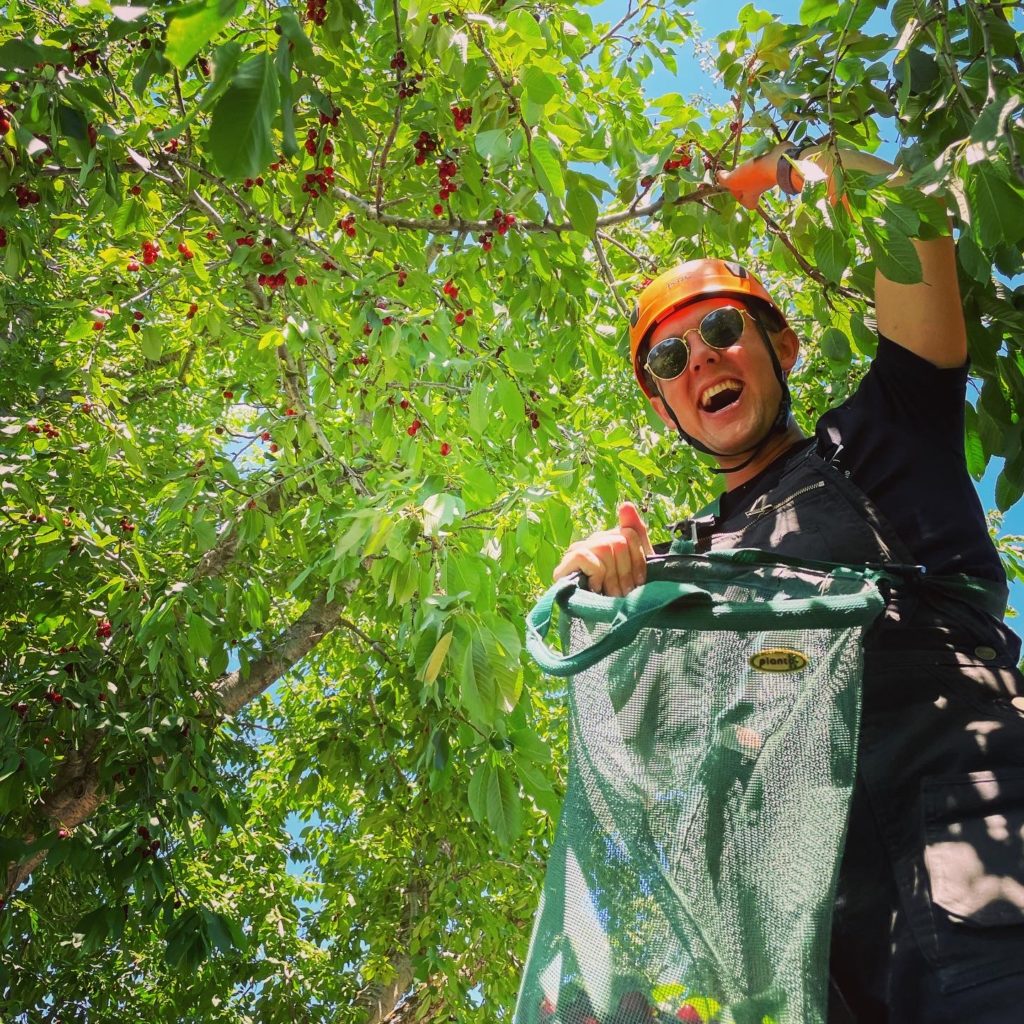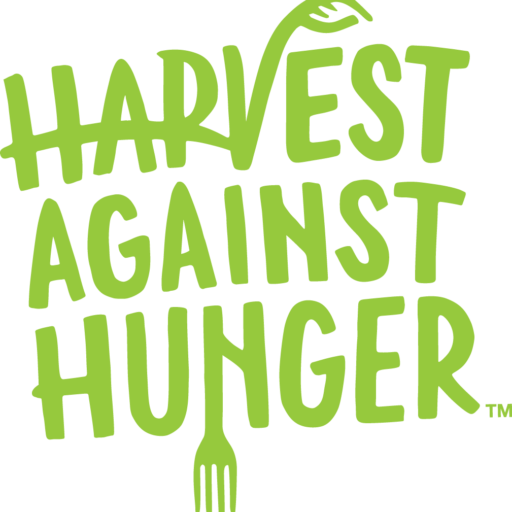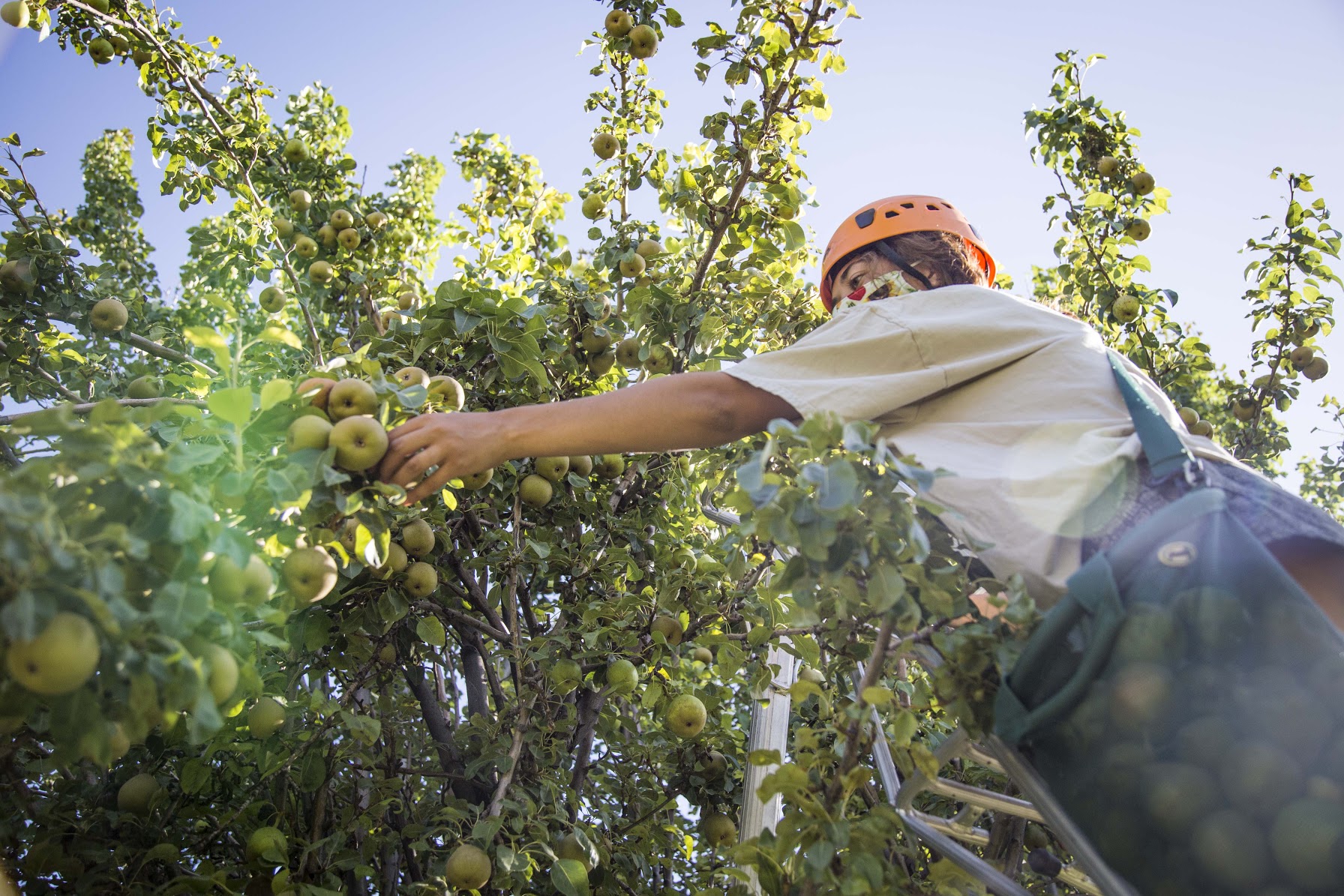How Can We Help?
In the Salt Lake Valley, thousands of fruit trees grow in homeowners’ backyards, collectively producing hundreds of thousands of pounds of fresh fruit each year. The Green Urban Lunch Box’s FruitShare Program partners with fruit tree homeowners and community volunteers to harvest and distribute fruit that would otherwise go to waste. At each harvest the fruit is split into thirds between the homeowner, volunteers, and GULB.
GULB offers harvesting as a free service, but also offers other paid services in order to help fund the FruitShare program. These services are offered to fruit tree homeowners registered in the FruitShare program, with the expectation that later in the season GULB will be allowed to harvest the high quality fruit. Currently there are about 3,000 fruit trees registered throughout Salt Lake County.
Pruning (January – March)
- $100 / tree, $60 / each additional tree
- GULB removes dead, damaged, and diseased wood, followed by water sprouts, and then crossing branches. Pruning helps encourage the growth of larger, higher quality fruit as well as make it easier and more efficient to harvest.
- There is an optional branch removal, which costs $60/load to cover transportation, labor, and dump fee.
Fertilizing (March)
- $50 / tree, $10 / additional tree
- GULB sprays fruit trees with organic compost tea in the spring. Compost tea administers microbiology and nutrients into the soil which in turn, fertilize and improve the overall health of the fruit, trees, and soil.
Thinning (April/May)
- Free
- Apples, pears, and peaches require thinning. These trees produce more fruit than the tree can carry to harvest, so thinning the fruit early ensures the remaining fruit grows to a large and healthy size. Trees that are thinned are allowed to flourish and are not stressed by a heavy crop load, which in turn produces a higher quality fruit crop the next year.
Organic Pest Control (May/June)
- $60 for entire season
- The most common pest affecting both sour and sweet cherries in Utah is the Western Cherry Fruit Fly. Though cherries can still be eaten and/or processed with minor presence of this pest, too much damage can render the fruit inedible and unable to be donated.
- Spraying begins once the cherries start to blush, turning from green to pink, and then must be sprayed every week until harvest.
Service Package
- $250 / tree, $100 / each additional tree
- This package deal includes the following services: pruning, fruit thinning, fertilizing, guaranteed harvesting, and one time fallen fruit pickup. This package is offered as a way to increase efficiency in harvesting enabling GULB to donate higher quantities of food to those in need.
